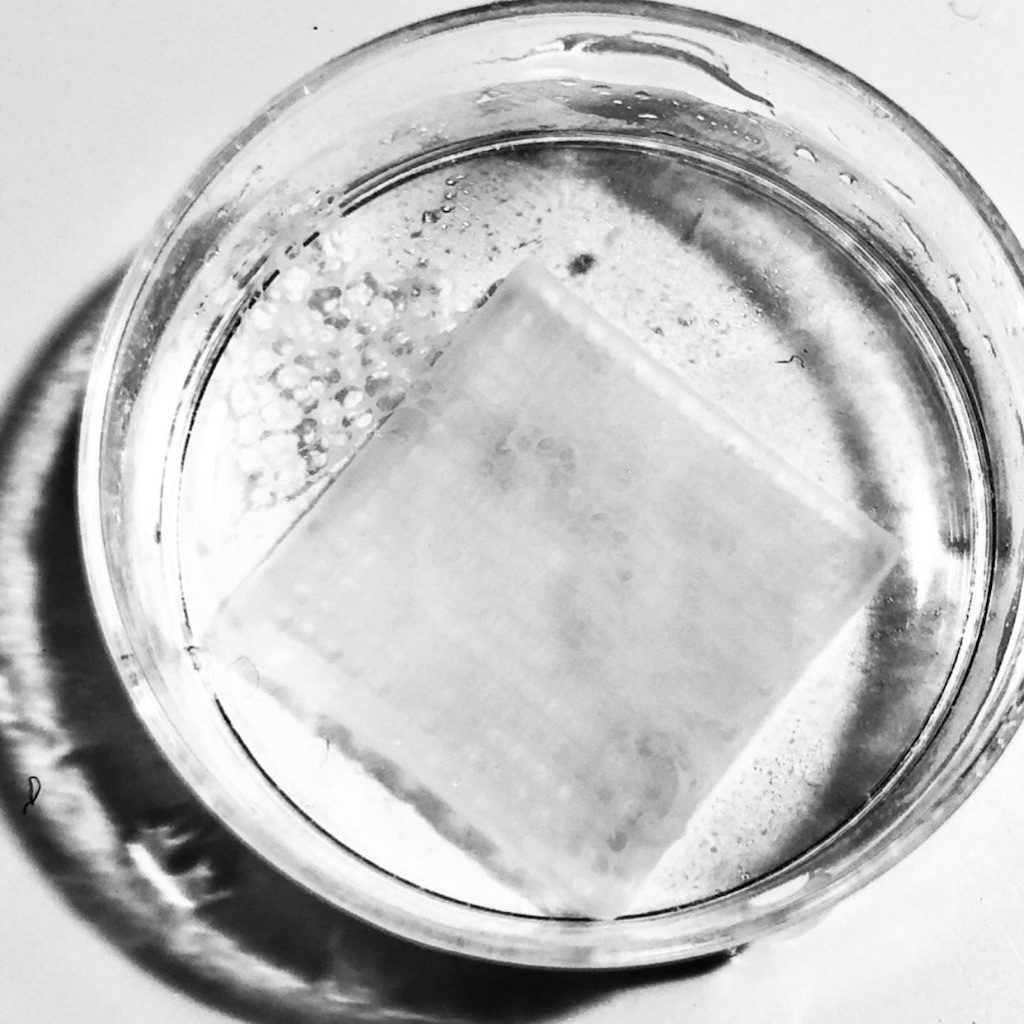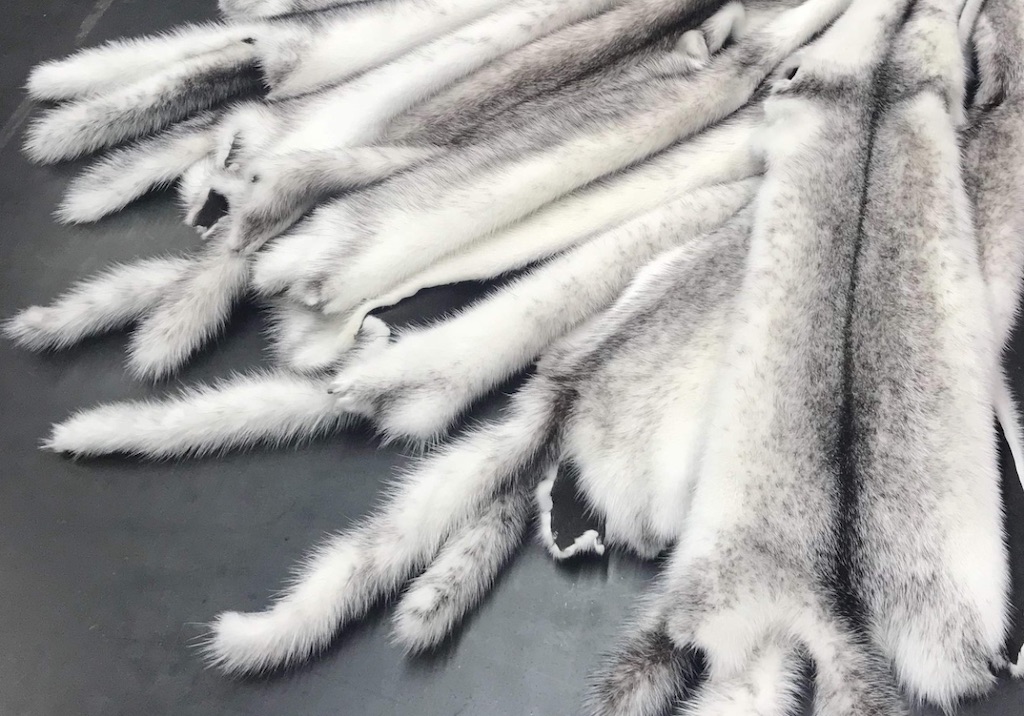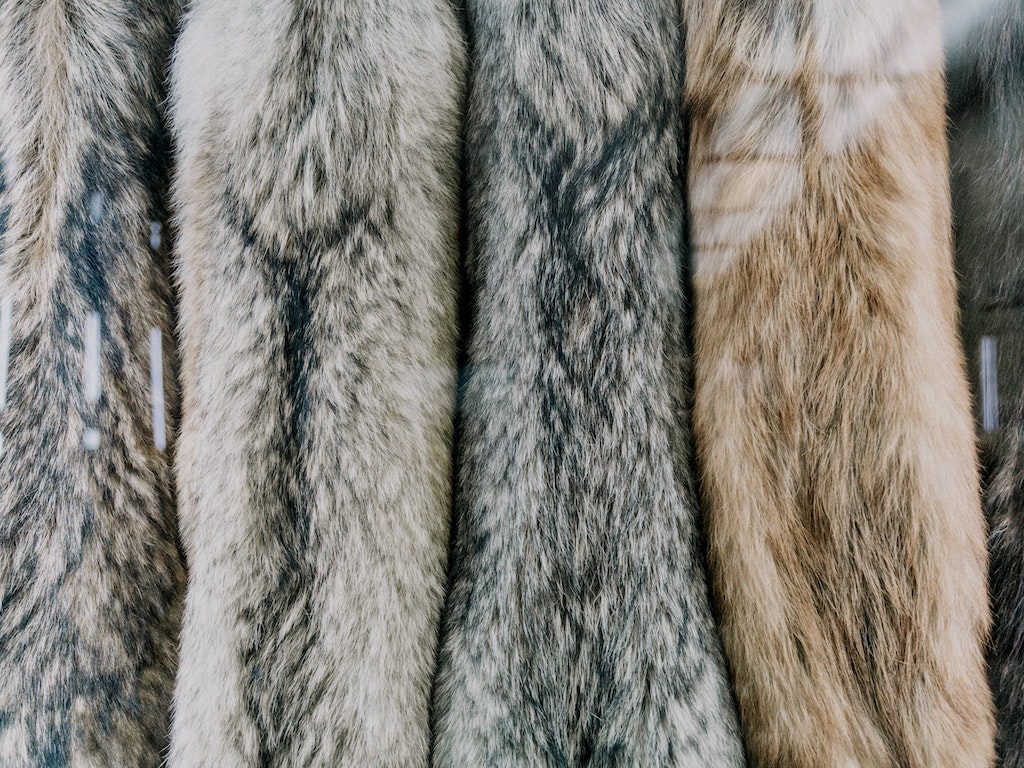3 Mins Read
Animal-free fashion is all the rage, with brands turning to mushrooms and pineapple leaves to keep up with shoppers who are demanding cruelty-free and sustainable offerings. But there’s one animal-based material that many brands haven’t yet found an alternative for: fur. At least, there seems to be no viable alternative that functions like the real deal. Now, one startup has changed exactly that, using cellular agriculture to develop real animal fur without animals.
Based in the Netherlands, Geneus Biotech has just debuted Furoid, it’s first biomaterial product that aims to revolutionise how fur is produced. The company, which has partnered up with scientists at the University of Amsterdam since last year, uses cellular agriculture technology to make its fur that is molecularly identical to the real deal.
Disrupting the industry with cell-based fur
Essentially, Furoid is made through a similar process that cultured meat makers like fellow Dutch pioneers Mosa Meat or San Francisco’s Eat Just use to make their cultivated steak and chicken bites. Geneus Biotech simply applies this process, which involves combining cells with growth factors and biomaterials, to cultivate the natural tissue properties found in animal fur.
Then, the startup 3D bio-prints the cultivated tissue into a biomaterial, with the final product resembling real animal fur and bearing all its qualities, from durability to warmth. But of course, it is 100% animal-free, slaughter-free and far more sustainable.

Having to raise animals and extract their fur using cruel methods is a hugely environmentally taxing process, not to mention unethical. It is estimated that producing just one kilogram of mink fur, for example generates around 110 kilograms of carbon dioxide—equivalent to nearly a mile by car. Every year, almost 100 million animals are being slaughtered for their fur.
Related: Synbio to reshape food and fashion industries with double digit growth – report
Cultivated fur advantages
But beyond being more sustainable and ethical, Geneus Biotech says that cellular agriculture offers additional benefits that make its biomaterial more functional than its traditional counterparts. It says that Furoid is hypoallergenic, unlike some animal furs on the market.
Many cultured meat startups have also made this point about the benefits of their approach. They can essentially tailor a final product, use specific cell lines or tweak the final product to make a piece of cultivated steak, for example, that’s better-tasting than the real deal, and completely antibiotic-free too.
“Furoid’s intention fits in with the recent attempts by cellular food companies to create foods such as caviar, foie gras and wagyu beef that are completely animal-friendly and can remove the dilemma between taste pleasure and guilt,” says Geneus.

Going beyond fur
Aside from cultivating fur, the Dutch startup is also creating wool using the same technology, and has applied for a patent for its process. While fur features more heavily in luxury fashion brands, wool is a huge market, used in everything from clothing by high-street brands to blankets, rugs, insulation and upholstery. It’s a global market expected to reach $48 billion before the end of the decade.
Both fur and wool are still ripe for disruption. In a recent report on next-gen materials, MII found that the bulk of startups in the space are focused on creating animal-free leathers. Just nine companies are making substitutes for silk; seven are dedicated to wool; six are working on down alternatives; and five are developing fur replacements.
Describing the non-leather next-gen material sector as a “white space”, experts said that “innovators looking to enter the space should consider next-gen silk, wool, down, fur and/or exotic skins.”
Situated right within this category, Geneus says that it’s now looking to fundraise to fuel its growth plans, targeting a €2.5 million pre-seed to support the launch of Furoid.
Lead image courtesy of Unsplash.




